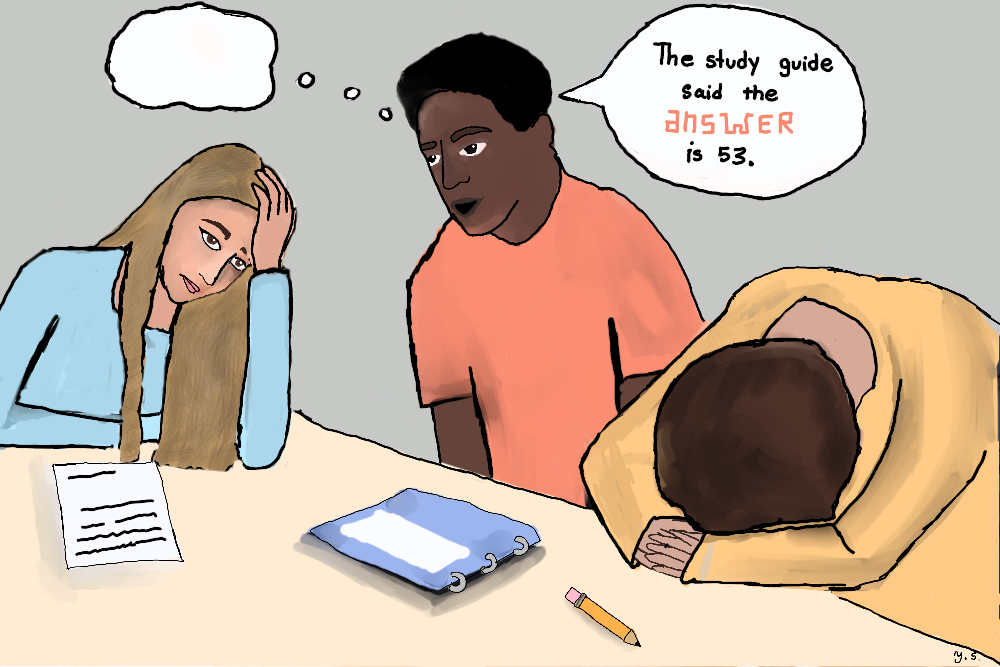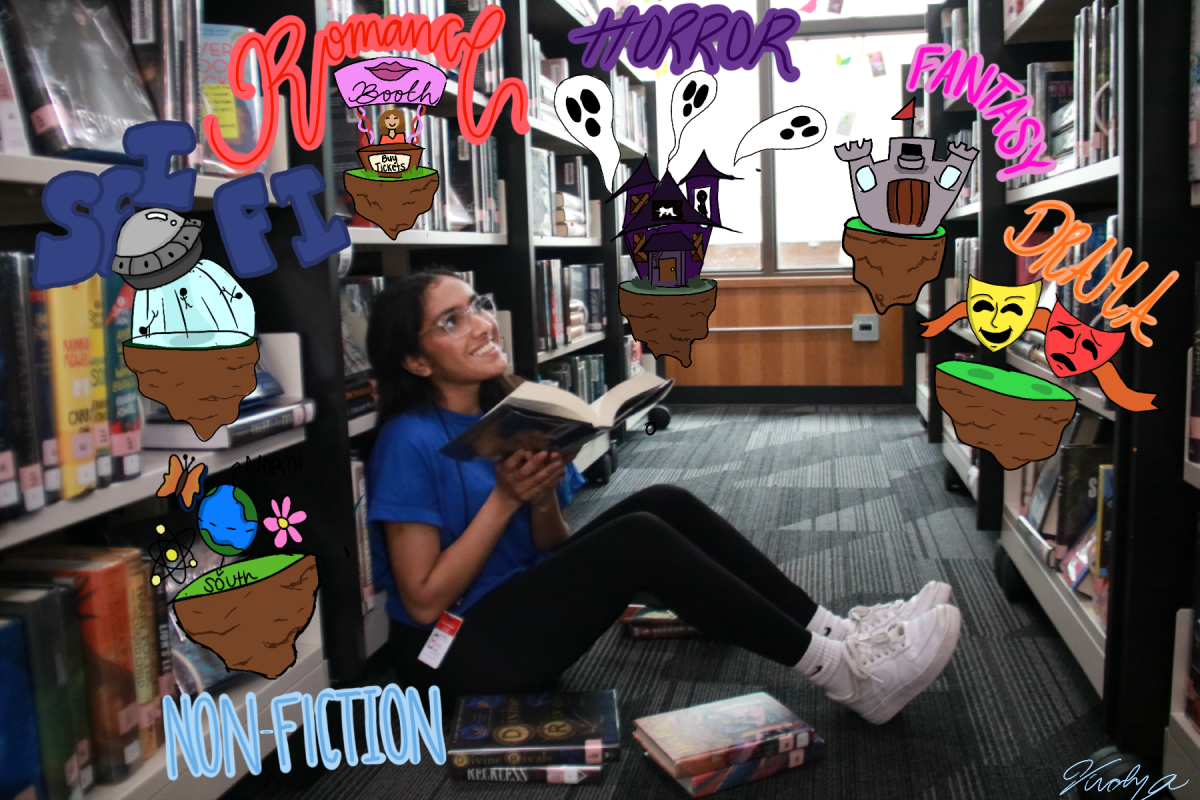
Zach Sherman
English Teacher
Sometimes English teachers ruin books. We emphasize quantity more than quality, discuss too many “devices,” refuse to let a book be a book. When I say “we” I really mean “I” because I know I’ve done this and regretted it later. I’ve wanted students to see so much that, ironically, I’ve wondered if they’ve seen anything at all.
I bring this up because I’ve so often heard students complain (gasp) about English class for this reason. They say things like, “I just want to read the book and talk about it. I don’t want to dissect it.” Their tone somehow casts me as a murderer of authentic reading, the enemy of book clubs everywhere.
Similarly, they complain about whether a writer “really meant to do that.” Maybe, they wonder, we teachers are simply reading too much into everything.
Because these sentiments have been so prevalent over the years – and because they are valid questions – I think it worthwhile to address them.
The subject of authorial intent has been debated among critics for years. Since the ‘60s, many have proclaimed “The Death of the Author” boldly. Essentially, their stance is that only a reader can determine meaning, everything about the author – background, etc. – is immaterial. Others feel just the opposite – author intent is hidden treasure waiting to be discovered by a committed readers.
I think both perspectives have value.
When someone analyzes a book – say The Great Gatsby – and claims that “Fitzgerald’s use of __ symbolizes __,” that does not denote reading Fitzgerald’s long-dead mind and knowing his intent for every word. It simply means the analyzer is making an argument, an educated guess with sufficient textual evidence. The reader determines meaning and is empowered to make his case, whether it was explicitly “intended” or not.
I would also assert that authors do have some intent, and that’s precisely why we read their writing. Good writing is not the result of happenstance. (I think many students who have tried this approach in their own writing would agree.) It’s the result of work, revision, and purpose. We read books like Gatsby for that reason: we can have insightful discussions about what it means (concepts of wealth and perception, etc.) and how Fitzgerald’s specific choices create that meaning (the layered diction and rhythmic syntax of the first party scene). Through close reading – or the dissection my students bemoan – we see that dynamic. The macro and micro work together. Everything fits. Everything works. Everything matters.
Students lose interest in reading, in part, because we don’t talk enough about intentional language; we trivialize classics by reducing them to digestible themes while never discussing the writing itself. They think, “Why not read Spark Notes?” when we don’t talk about how something is written. And they raise a good question because, frankly, what good is “reading between the lines” if we don’t really understand what’s on the lines?
Books have meaning because the reader sees it and because good authors leave the reader enough to work with, right on down to the smallest details. Does that mean every word is meaningful? No. But writers often take years to finish a novel. Entire chapters are discarded or rewritten a dozen times. They write and re-write with purpose, using specific words and sentences for specific reasons. Why not slow down and try to learn from that process?
Yes, sometimes English teachers kill books. That is a risk we run. But we run just as big a risk in skipping over the beauty of crafted language.








